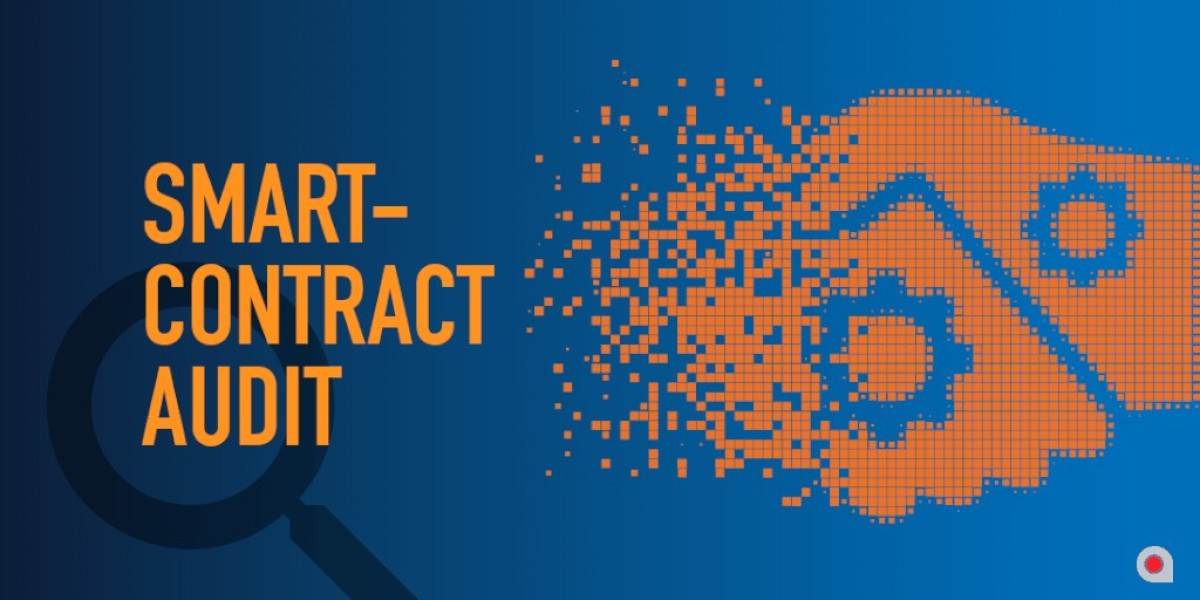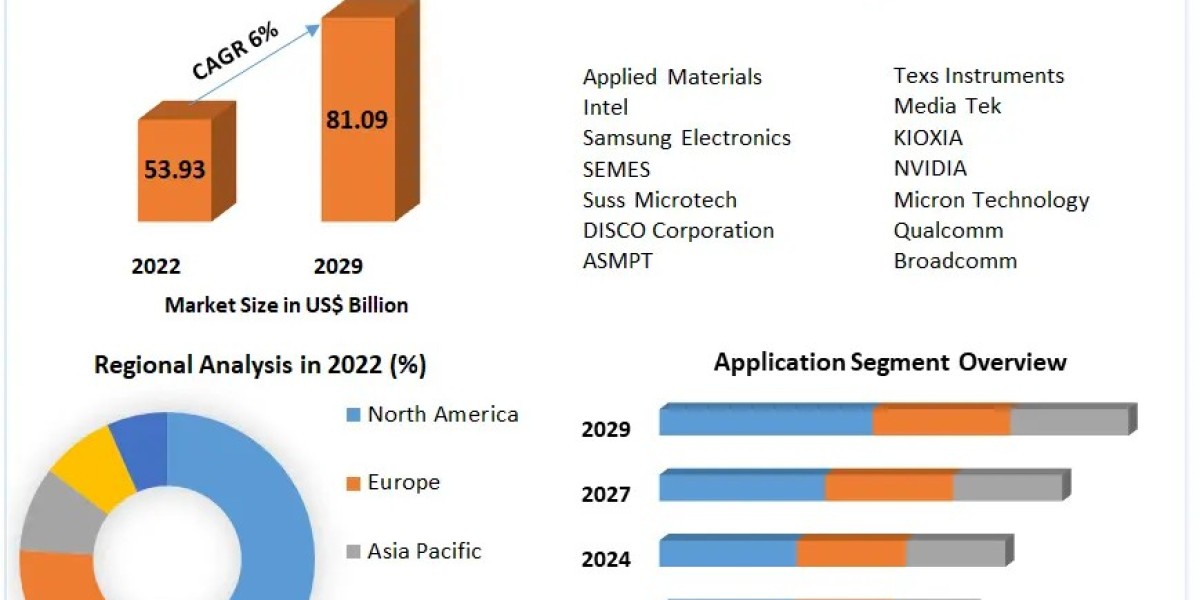In today's rapidly evolving digital landscape, tokenization has emerged as a groundbreaking technology that enables the representation of real-world assets on the blockchain. By converting assets into digital tokens, tokenization enhances liquidity, facilitates fractional ownership, and opens up new avenues for investment and financial inclusion. However, the security and reliability of these digital assets are of utmost importance. This is where smart contract auditing plays a vital role in ensuring the integrity and trustworthiness of tokenized ecosystems.
Understanding Smart Contracts
Before delving into the significance of smart contract auditing in tokenization, let's first establish a clear understanding of smart contracts. Smart contracts are self-executing agreements that operate on the blockchain. They are encoded with predefined rules and conditions, enabling the automatic execution and enforcement of contractual obligations without intermediaries.
Smart contracts have revolutionized various industries, from finance and real estate to supply chain management and intellectual property. By removing intermediaries and automating processes, smart contracts enhance efficiency, transparency, and security. However, despite their immense potential, smart contracts are not immune to vulnerabilities and coding errors.
The Importance of Smart Contract Auditing
Smart contract auditing is the process of evaluating and analyzing the code, design, and functionality of a smart contract to identify potential vulnerabilities and ensure its correctness. It involves a comprehensive review of the contract's logic, security protocols, and compliance with best practices.
Enhancing Security: One of the primary reasons for conducting smart contract audits is to enhance security. Auditors meticulously examine the code for potential vulnerabilities, such as reentrancy attacks, integer overflow, and unauthorized access. By identifying and addressing these security flaws before deployment, audits help prevent potential hacks, thefts, and exploits.
Mitigating Financial Risks: Tokenization involves the representation of real-world assets, such as real estate, fine art, or commodities, through digital tokens. These tokens often carry significant financial value. Smart contract audits mitigate financial risks by ensuring that the tokenization process is executed correctly and transparently. They help prevent loss of funds due to coding errors, malicious activities, or unforeseen bugs.
Building Trust and Credibility: In the emerging field of tokenization, establishing trust and credibility is paramount. Smart contract audits play a crucial role in fostering trust among participants by providing an independent assessment of the contract's reliability. Audited contracts signal transparency and a commitment to security, attracting investors, users, and stakeholders to participate in tokenized ecosystems.
Ensuring Compliance: Smart contract audits also verify whether the contract complies with relevant regulations and industry standards. Depending on the nature of the tokenized asset, legal and regulatory requirements must be met. Auditing helps identify any non-compliance issues, enabling necessary adjustments to be made before deployment.
The Process of Smart Contract Auditing
Smart contract auditing involves a systematic and comprehensive process to ensure thorough analysis and verification. Here's an overview of the typical steps involved:
1. Contract Review
The auditing process begins with a comprehensive review of the smart contract's code, logic, and design. Auditors analyze the contract's purpose, functionality, and associated risks. They assess the contract's compliance with industry standards, coding best practices, and regulatory requirements.
2. Vulnerability Assessment
During this phase, auditors actively search for potential vulnerabilities or weaknesses in the smart contract's code. They conduct various tests and simulations to identify security flaws, including external attack vectors, potential race conditions, and misuse of cryptographic functions. Vulnerability assessment helps in prioritizing and addressing potential risks.
3. Code Analysis
In this step, auditors perform an in-depth analysis of the smart contract's code. They evaluate the code's structure, complexity, and adherence to coding standards. Auditors review the contract for potential bugs, loopholes, or logical errors that might compromise its functionality or security.
4. Security Best Practices
Auditors ensure that the smart contract follows industry best practices for security and data protection. This includes proper input validation, secure handling of sensitive data, and appropriate usage of encryption and access controls. Adhering to security best practices minimizes the attack surface and strengthens the contract's resistance to potential threats.
5. Report and Recommendations
After completing the auditing process, auditors compile a detailed report outlining their findings and recommendations. The report highlights identified vulnerabilities, suggests remedial actions, and provides guidance on improving the contract's overall security and reliability. This information is invaluable for developers and stakeholders in addressing potential risks and improving the contract's robustness.
Conclusion
Tokenization is rapidly transforming traditional finance, investment, and asset management. Smart contract auditing plays a crucial role in ensuring the security, reliability, and compliance of tokenized ecosystems. By conducting thorough audits, vulnerabilities can be identified and mitigated, financial risks can be minimized, trust can be established, and compliance can be ensured. As the tokenization landscape continues to evolve, the role of smart contract auditing will remain indispensable in safeguarding the integrity of digital assets and fostering the growth of decentralized finance.








